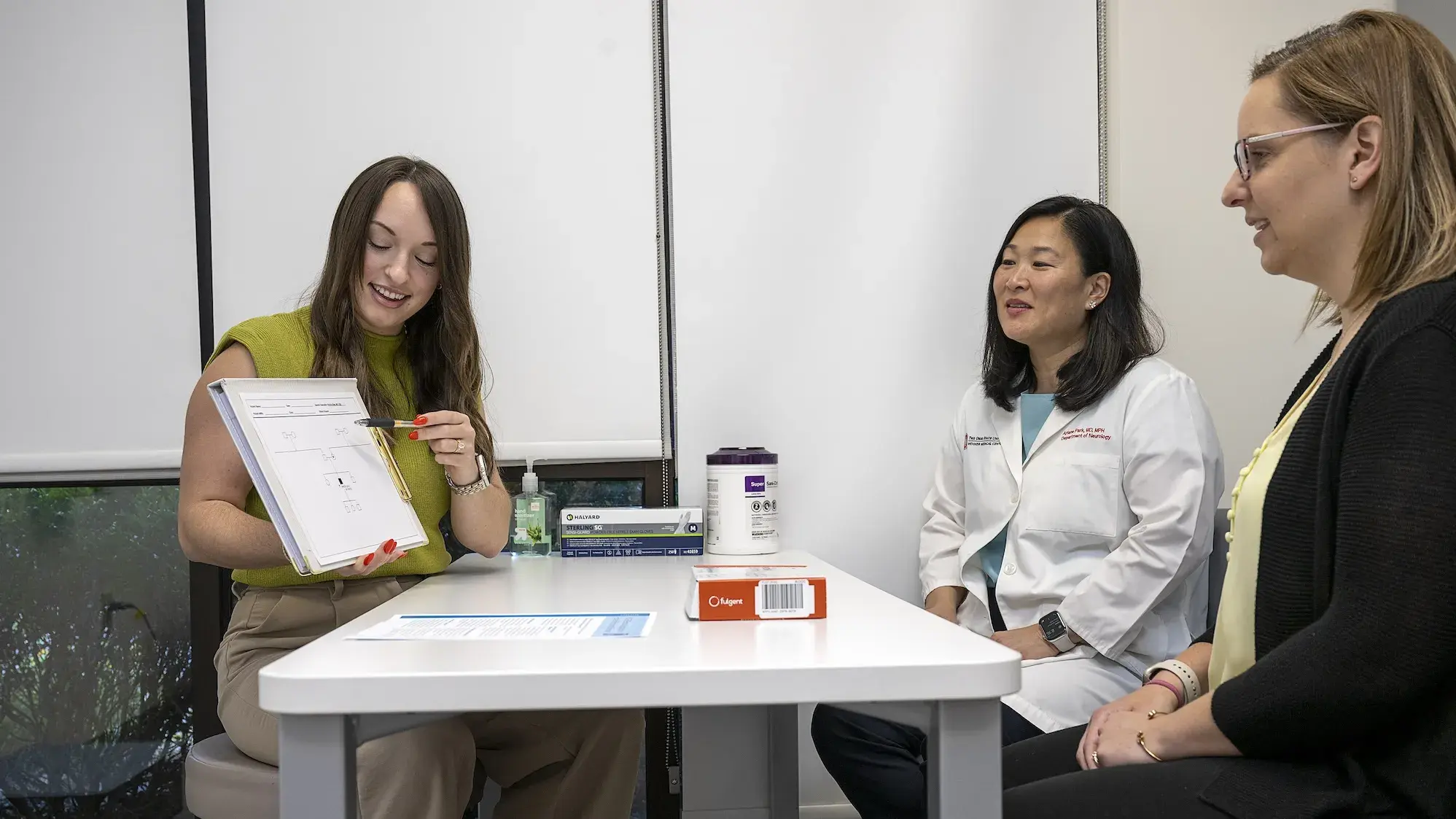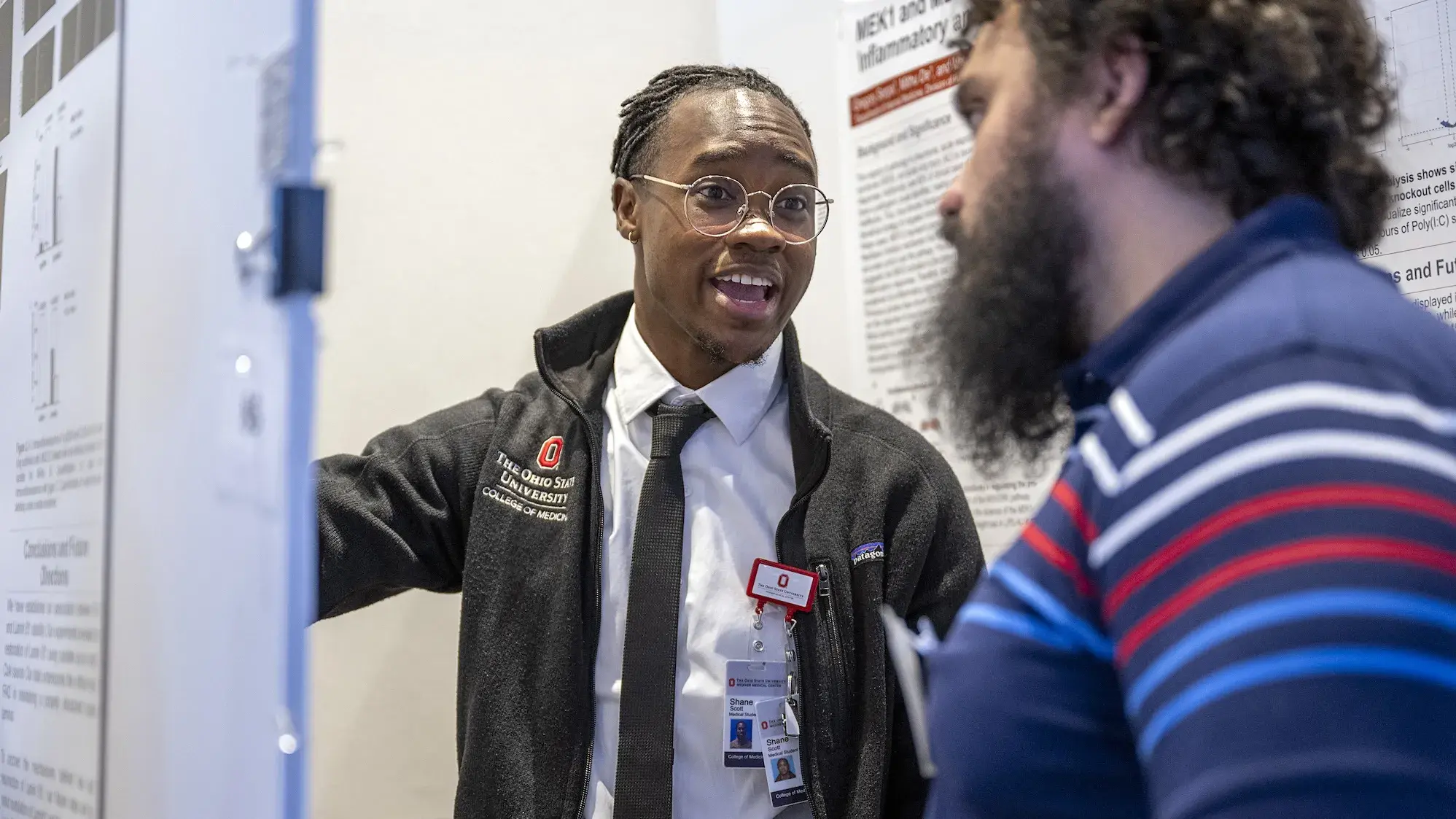Karen Carter and Alexander McDaniels are looking for Clinical Research Nurses who are members of, or are interested in becoming members of the International Association of Clinical Research Nurses and creating a sub/pilot chapter in Central Ohio. The goal is to gather interested individuals to create the pilot chapter and collaborate with the Ohio Valley chapter to learn and build the foundations for a full chapter. The aim is to promote clinical research nursing education, discuss best practices, create a supportive network, and encourage professional growth.
Please contact Alexander and Karen to ask any questions or to confirm interest.
Julie Johnson, PharmD, is the Director and Principal Investigator at The Ohio State University Clinical and Translational Science Institute.














